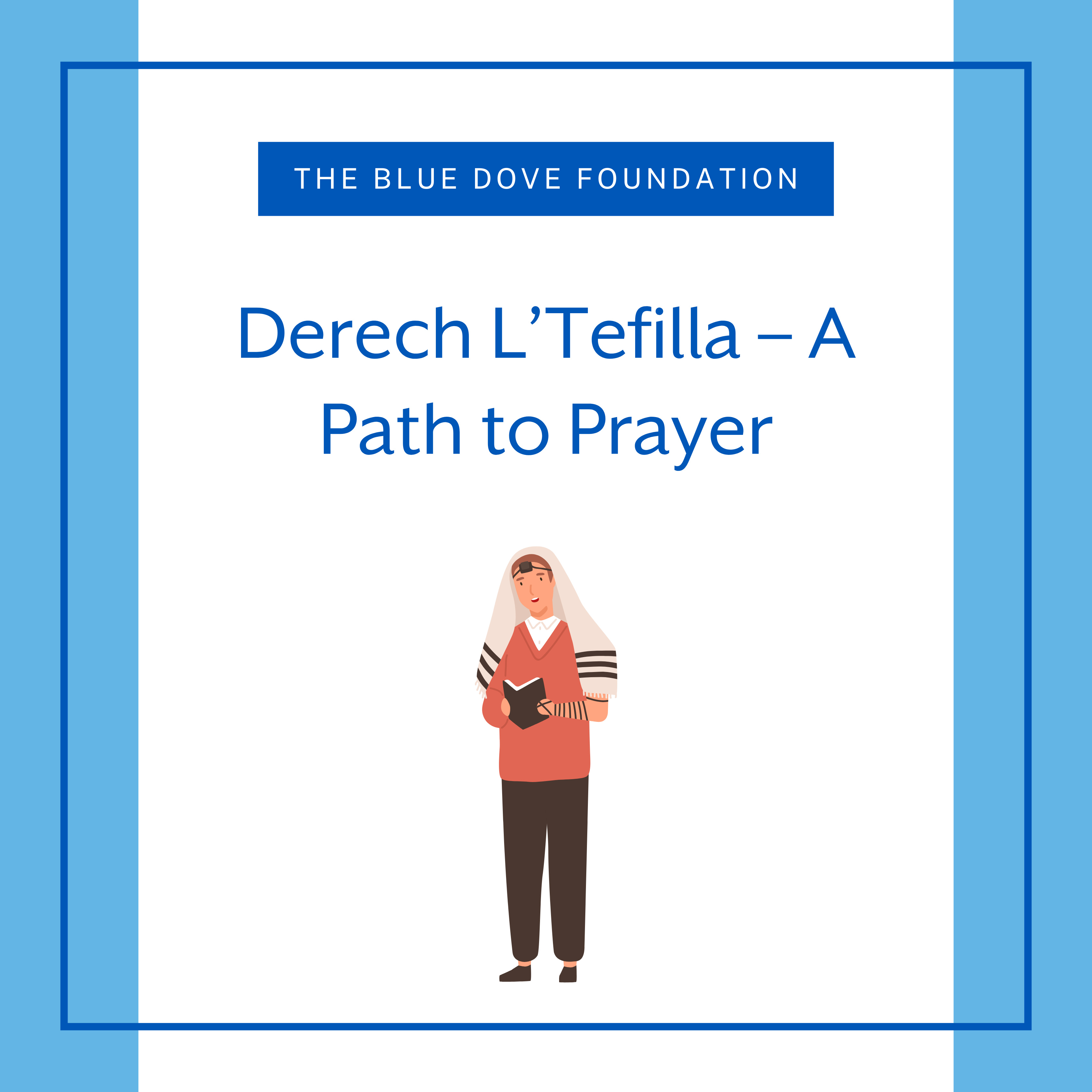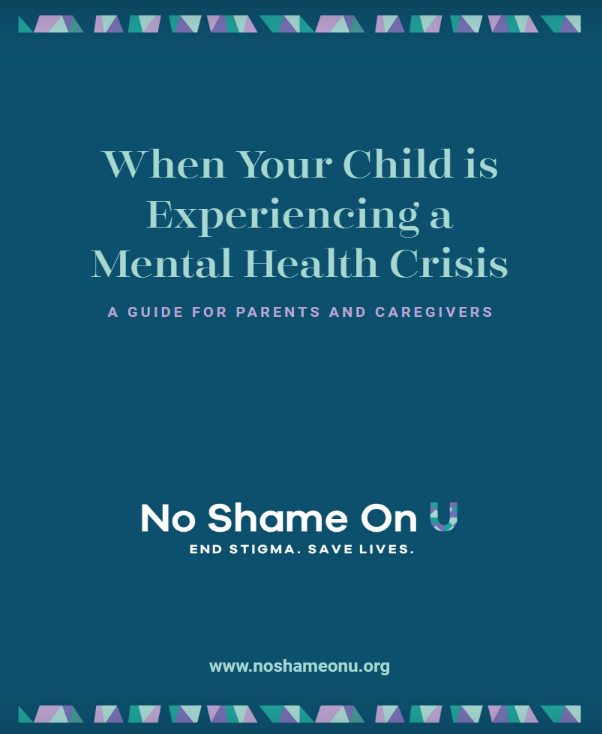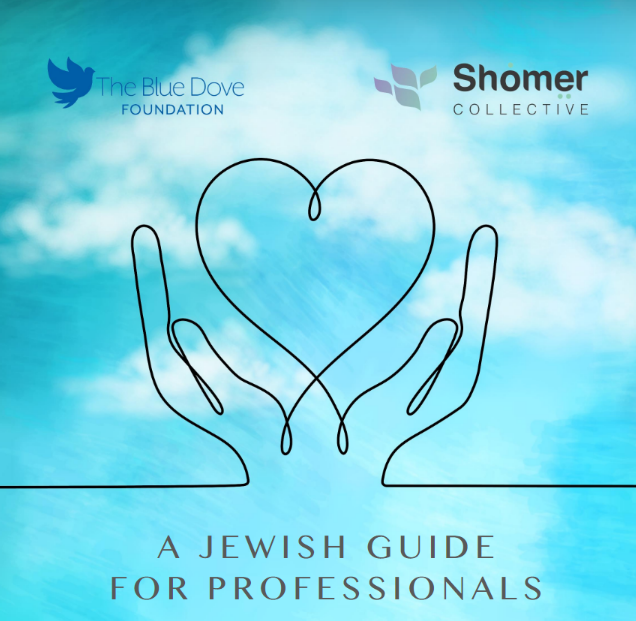From the Jewish Education Project | The third session of the Through the Portal series, presented by the Blue Dove Foundation's Director of Education and Programming, Carly Coons. In this session, we will familiarize ourselves with the resource library, learn the tips to navigate it, and think about the ways to utilize the all of the meaningful resources connecting mental health and Judaism in your own spaces. The resource library includes articles, downloadable activity sheets, videos and podcasts, and more about Jewish holidays and concepts in your own spaces, and the ways Judaism addresses mental illness. Through the Portal is a new series of presentations by the Portal's Resource Partners. These presentations will guide users on how to best navigate and utilize our partners' materials.









